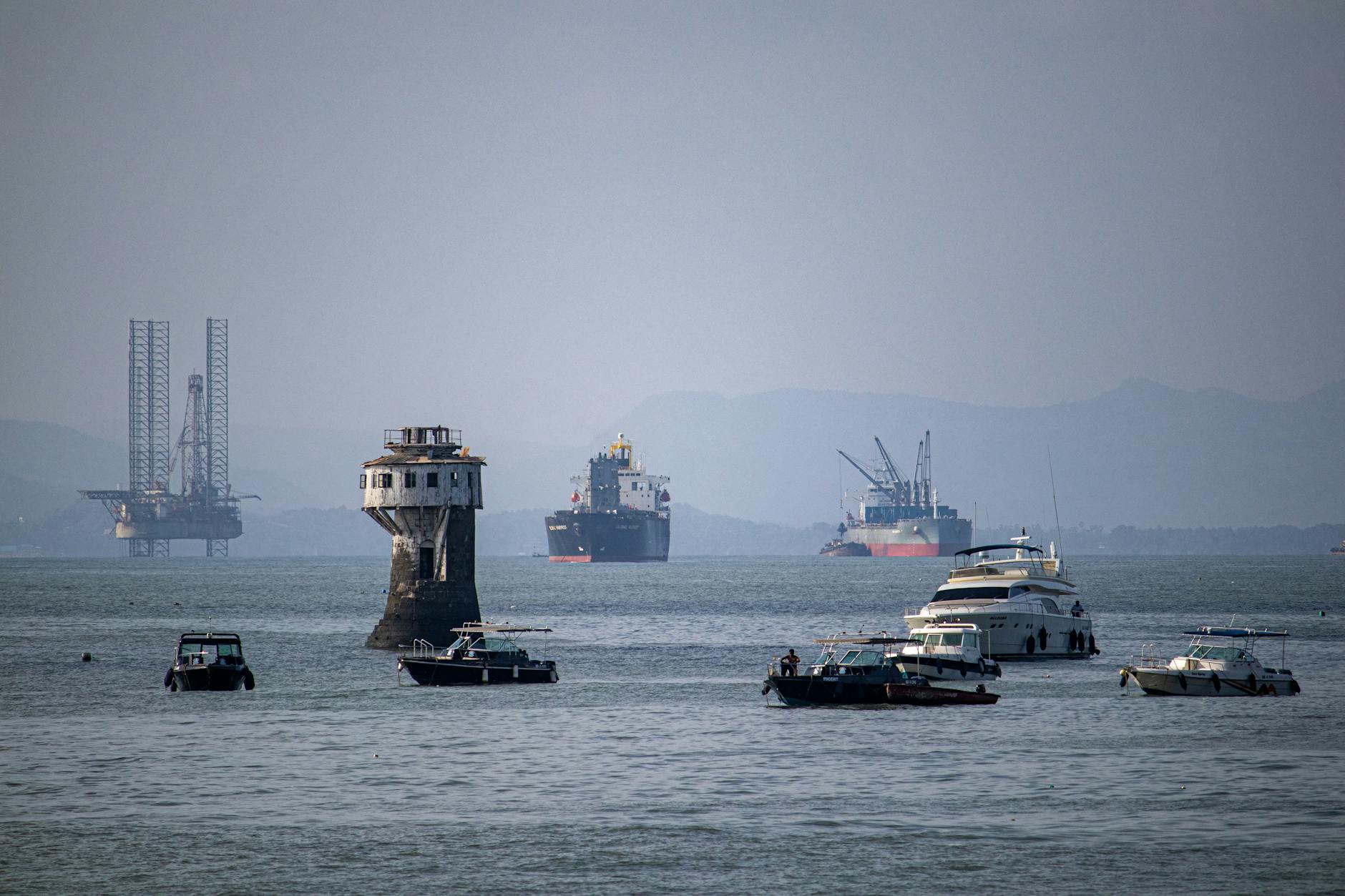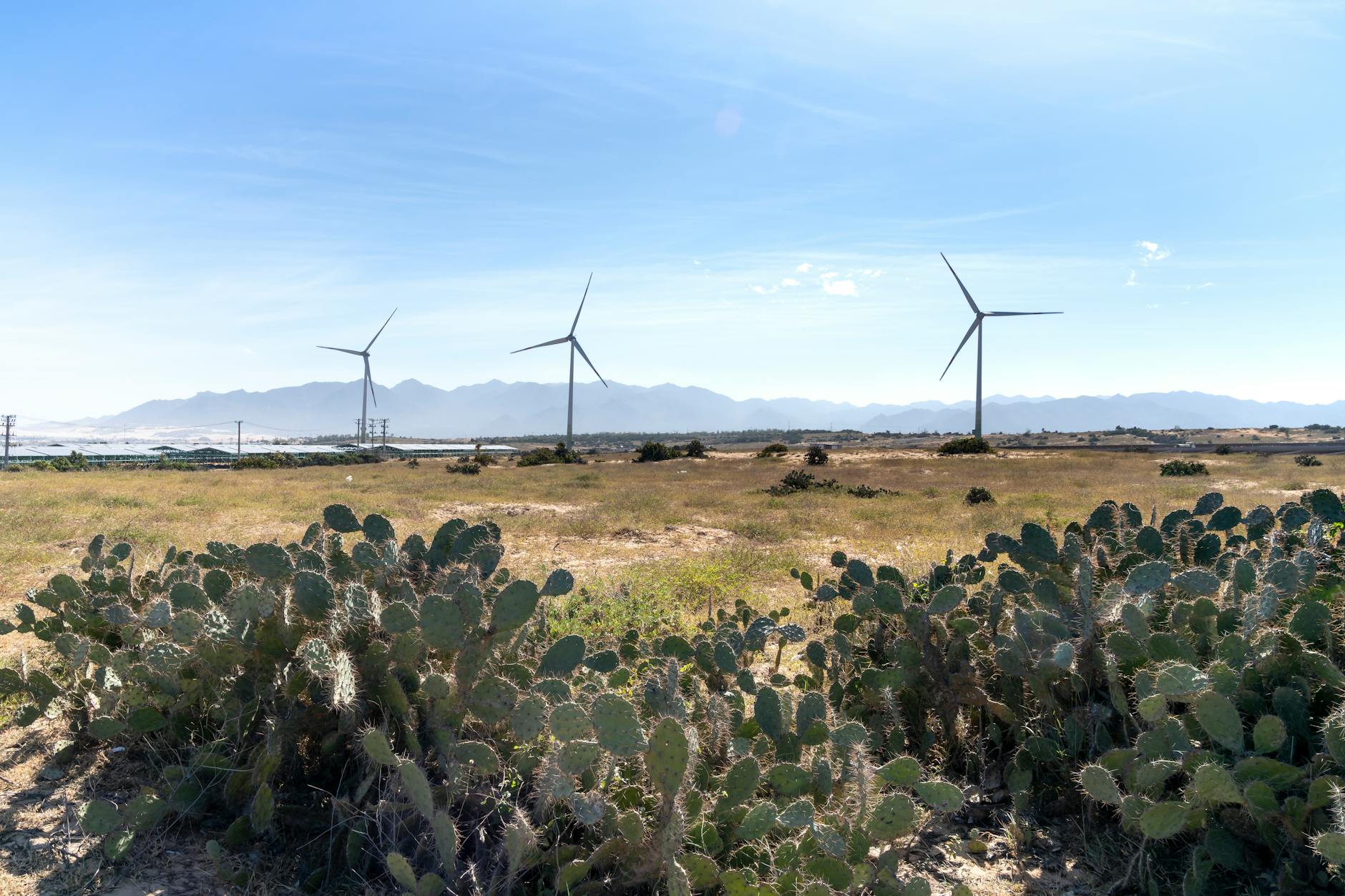India Navigates US Pressure on Russian Oil Purchases
New Delhi Weighs Economic Ties Against Geopolitical Demands
India finds itself at a critical juncture, facing significant pressure from the United States to alter its energy procurement policies. The core of this diplomatic challenge involves New Delhi’s substantial oil imports from Russia, a practice that has drawn the ire of Washington. The Biden administration has reportedly signaled its willingness to impose punitive tariffs on Indian goods if New Delhi does not curtail its purchases of Russian crude oil. This situation presents Prime Minister Narendra Modi’s government with complex political and economic considerations, impacting India’s domestic stability, its foreign policy relationships, and its position within the global economic landscape.
The Geopolitical Tightrope: Balancing Alliances
For years, India has maintained a strategic partnership with Russia, a relationship historically rooted in defense cooperation and mutual political interests. In recent times, however, the international climate has shifted dramatically, particularly following Russia’s ongoing conflict in Ukraine. Many Western nations, including the United States, have implemented stringent sanctions against Russia, aiming to isolate it economically and politically. Within this context, India’s continued large-scale oil imports from Russia have become a point of contention, viewed by the U.S. as indirectly supporting the Russian economy.
The U.S. proposal, as suggested by reports, could involve imposing tariffs on a range of Indian exports. Such measures would directly affect India’s economy, which relies heavily on trade with its major partners. The threat of tariffs represents a significant economic lever, potentially disrupting supply chains and impacting sectors vital to India’s growth and employment. This places India in a difficult position, needing to balance its long-standing ties with Russia against the potential economic repercussions of continued oil imports from Moscow, especially if those imports jeopardize its access to the lucrative U.S. market.
Economic Stakes for India
India’s economy, the fifth-largest globally, is in a continuous state of development, with energy security being a paramount concern. Russia has emerged as a significant supplier of crude oil to India, particularly after the imposition of Western sanctions on Russian energy exports. These imports have allowed India to secure its energy needs at often competitive prices, contributing to economic stability and buffering against global energy price volatility. The potential imposition of U.S. tariffs could disrupt this arrangement, forcing India to seek alternative, potentially more expensive, energy sources.
The ramifications of U.S. tariffs could extend beyond the immediate trade balance. Tariffs can lead to reduced export volumes, potentially impacting manufacturing, textiles, and other key industries that contribute significantly to India’s gross domestic product. Furthermore, such a move could affect foreign direct investment and broader economic confidence. Policymakers in New Delhi are undoubtedly examining various economic models to assess the full impact of potential U.S. trade actions, weighing the costs of compliance against the costs of non-compliance.
Analyzing the Trade-offs
The decision facing India is not straightforward. On one hand, continuing oil imports from Russia offers economic advantages, ensuring a steady and often cost-effective energy supply. This aligns with India’s national interest in maintaining energy security and its sovereign right to choose its trading partners. From a diplomatic standpoint, abruptly severing ties with Russia, a traditional strategic partner, could have broader geopolitical implications, potentially weakening India’s non-aligned foreign policy stance and its leverage in other international forums.
On the other hand, defying U.S. pressure could lead to significant economic penalties, as mentioned earlier. The United States remains a crucial trading partner and a significant source of investment for India. Maintaining a strong economic relationship with the U.S. is vital for India’s continued growth and integration into the global economy. Therefore, India must carefully consider how to navigate these competing interests, seeking a path that minimizes economic damage while upholding its strategic autonomy.
Potential Policy Responses and Future Outlook
Various strategies are likely being considered by the Indian government. One approach could involve a gradual reduction in Russian oil imports, coupled with diversification of energy sources to include more supplies from the Middle East, Africa, or even North America. This would demonstrate a willingness to address U.S. concerns without immediately disrupting India’s energy security or its relationship with Russia. Another possibility is seeking exemptions or special considerations from the U.S., leveraging India’s strategic importance in the Indo-Pacific region.
Furthermore, India might explore ways to mitigate the impact of potential tariffs, such as seeking compensatory measures or reinforcing domestic industries. The effectiveness of these strategies will depend on the specific nature of the U.S. actions and the international community’s response. The situation highlights the complex interplay of economics, geopolitics, and national interest in the contemporary global order. As New Delhi weighs its options, the international community will be closely watching India’s diplomatic and economic maneuvers.
Key Considerations for Stakeholders
- Energy Security: Maintaining a stable and affordable energy supply remains a top priority for India’s economic growth.
- Trade Relations: The potential for U.S. tariffs poses a significant risk to India’s export-oriented industries and its broader economic engagement with the United States.
- Strategic Autonomy: India’s foreign policy traditionally emphasizes non-alignment and the freedom to choose its partners, a principle that may be tested in this scenario.
- Global Energy Markets: India’s purchasing decisions can influence global oil prices and supply dynamics.
The coming weeks and months will likely see intense diplomatic discussions and strategic planning as India works to address the delicate balance of its international relationships and economic imperatives.





















